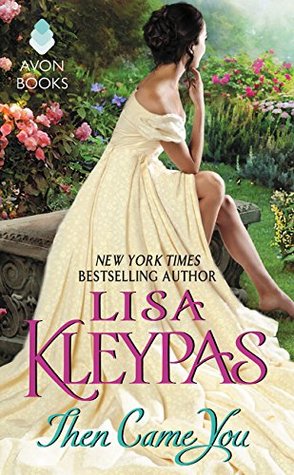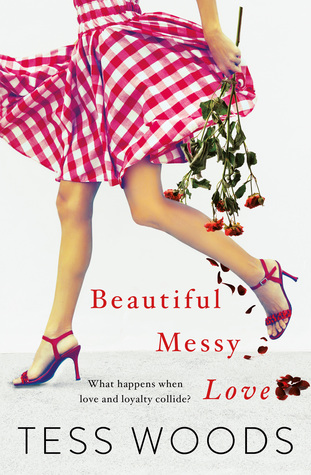
Book Review: World War Z: An Oral History of the Zombie War
So many people told me this book was great– it’s been described to me as clever, original, groundbreaking etc etc. So, I thought I’d give it a go, despite the fact I’m not a huge zombie fan. The limit of my zombie exposure is about four eppies of The Walking Dead (which I found disturbing although, I must add, not due to the zombies) and Shaun of the Dead (which is, obviously, a comedy). Brooks, on the other hand, has plainly put a lot of thought into the idea of a zombie apocalypse.
World War Z is actually what it claims to be – an oral history of a zombie war. There is no traditional narrative prose style or lead characters. It’s more a collection of (‘war’) short stories.
The premise is an interviewer is travelling around the world after a zombie war, interviewing survivors. Each story is unique and features a different aspect of the war. Even though these stories and the interviewees/characters are seemingly unconnected and told in no particular order, you suddenly realise they’ve blended into a plot and a clear picture and chronological timeline of the zombie war forms in your mind.
I thought the stories would be equal parts humorous and gory. Some tense thrills mixed in with some relieving laughs, I guessed. Instead I would probably describe the book as a social commentary of political and past/current events, including real life wars, terrorism, environmental impacts, corporate and government corruption, the falsity of the media and much more.
I’m not sure I loved the style. Although original, didn’t give me a sense of emotional connection I usually look for in a book. Sure, a lot of the stories were really poignant but others just left me a little flat and bored. Like all short story collections, I liked some stories more than others.
To say a fictional account of a fictional war is meticulously researched sounds ridiculous, but it’s probably one of the most interesting thing about WWZ. In each short story, Brooks explains the historical and current political, religious and social systems of numerous countries to the reader in great detail to establish the impact zombies would have on each country. For example, he doesn’t simply say which country struggles to survive and which becomes a world leader and financial powerhouse; he says why with such intelligent reasoning that, at times, I truly forgot WWZ had not actually occurred.
I’m sure Brooks forgets at times too. Reading through the books he’s written on Goodreads is like reading through a zombie reference library. He clearly loves the subject.
But do I feel the need to explore zombies further? Well, to be perfectly honest, I do in a way. I usually dismiss the zombie genre as a fad for teenagers and those eager to follow trends. I wonder now, given the depth and thought provoking subject matter of this book, if I haven’t been a little hasty. I might try something else. Actually, I could probably find something on Brooks’s shelves…
3 and ½ out of 5



